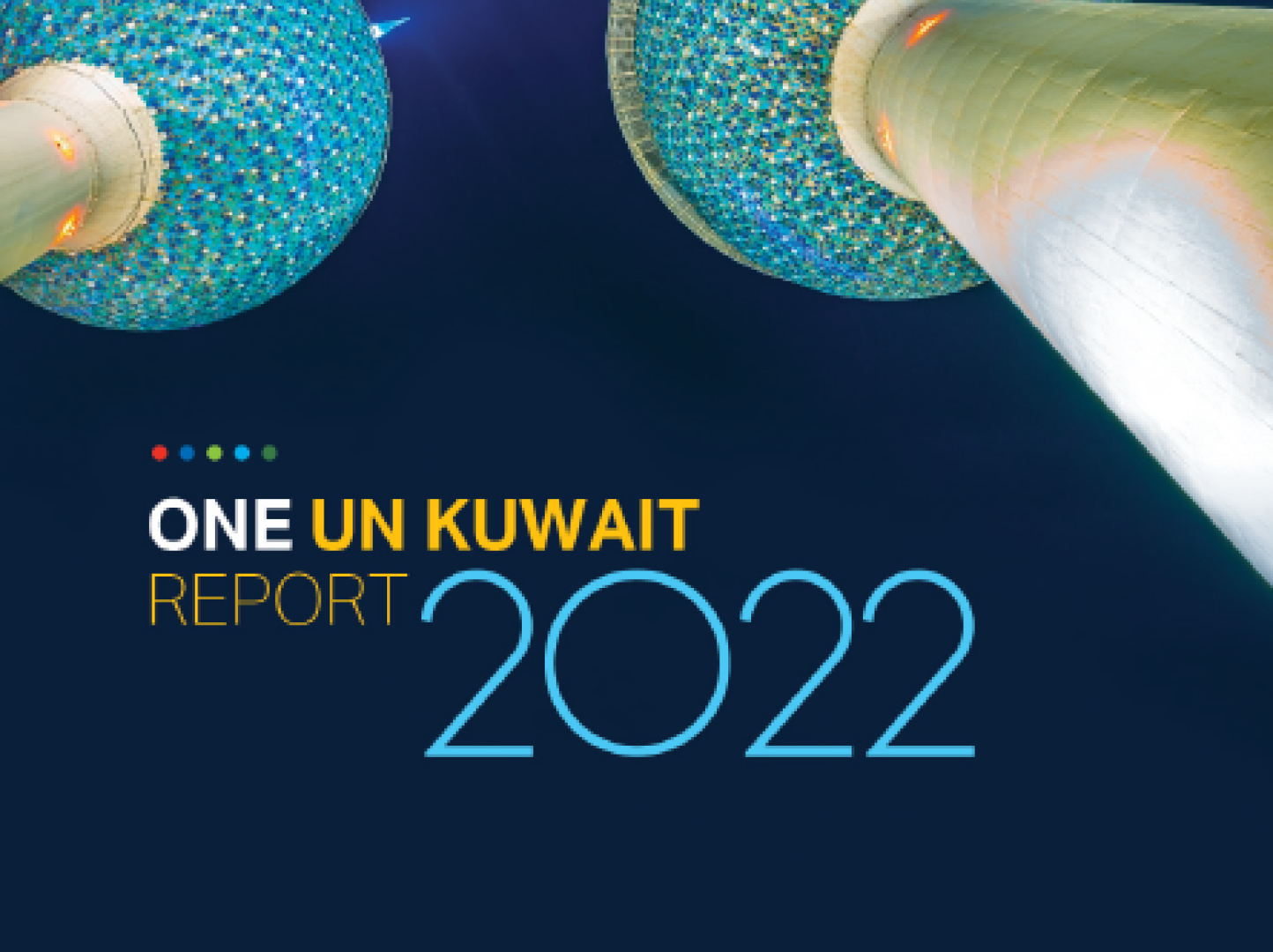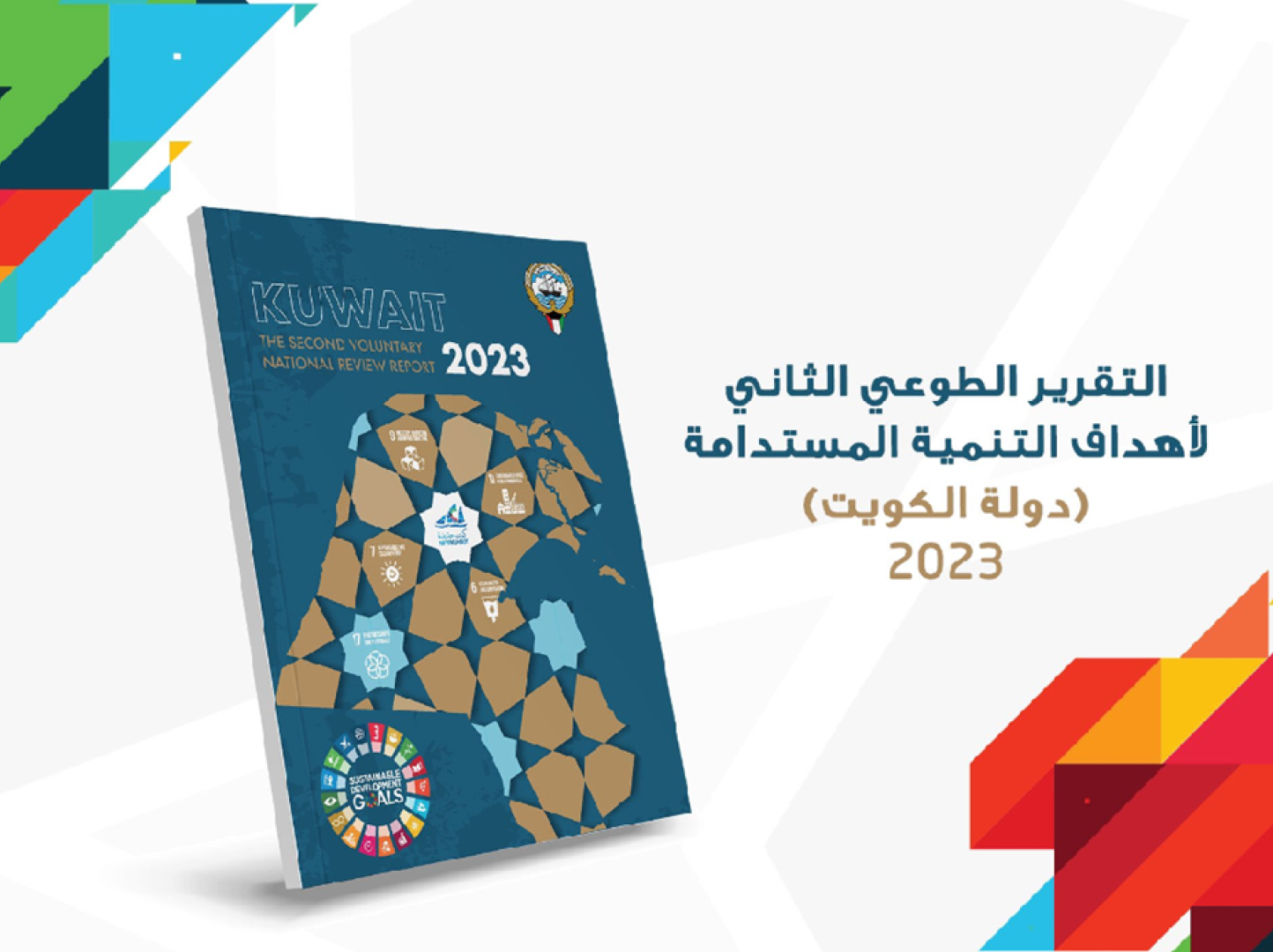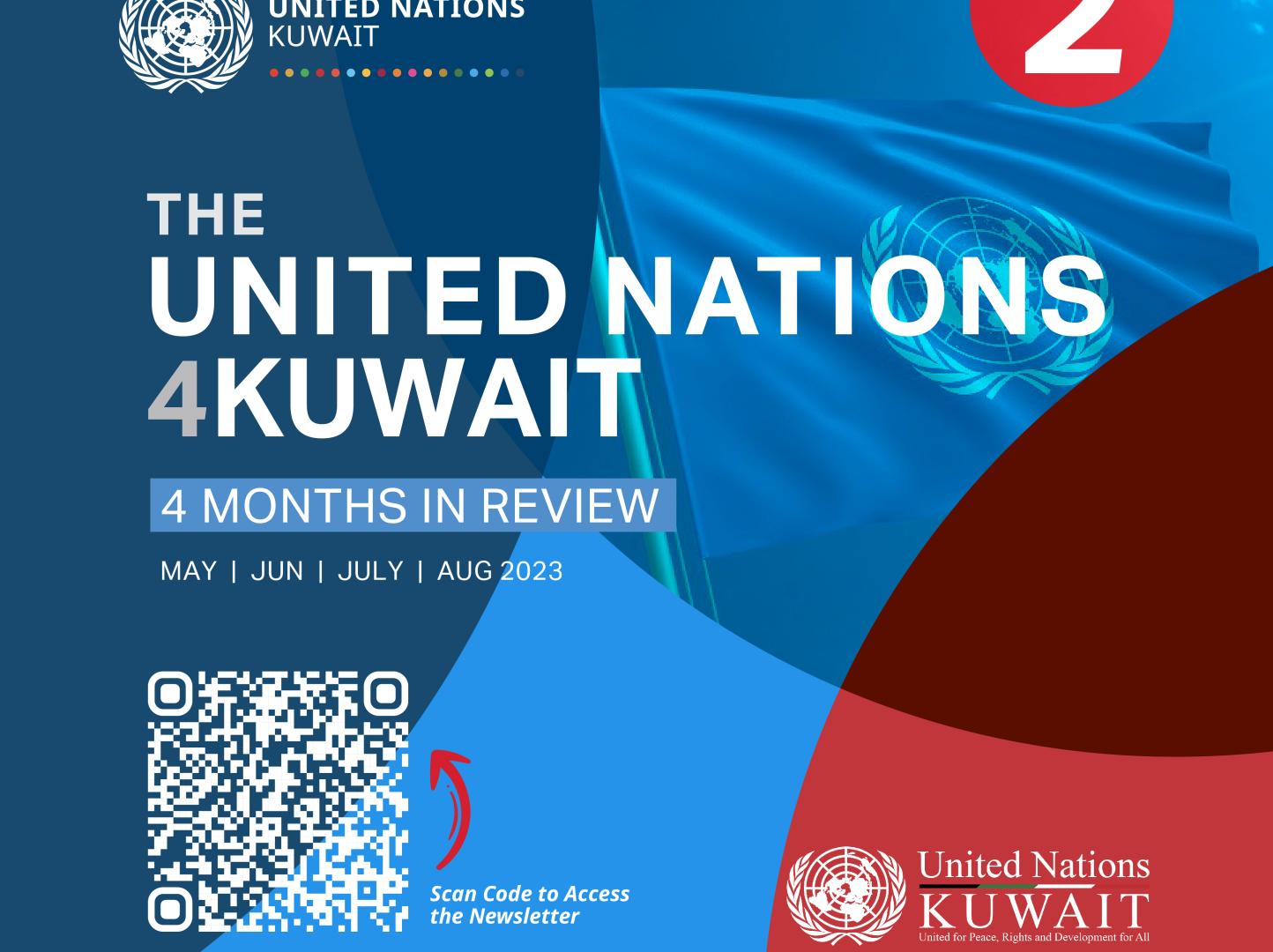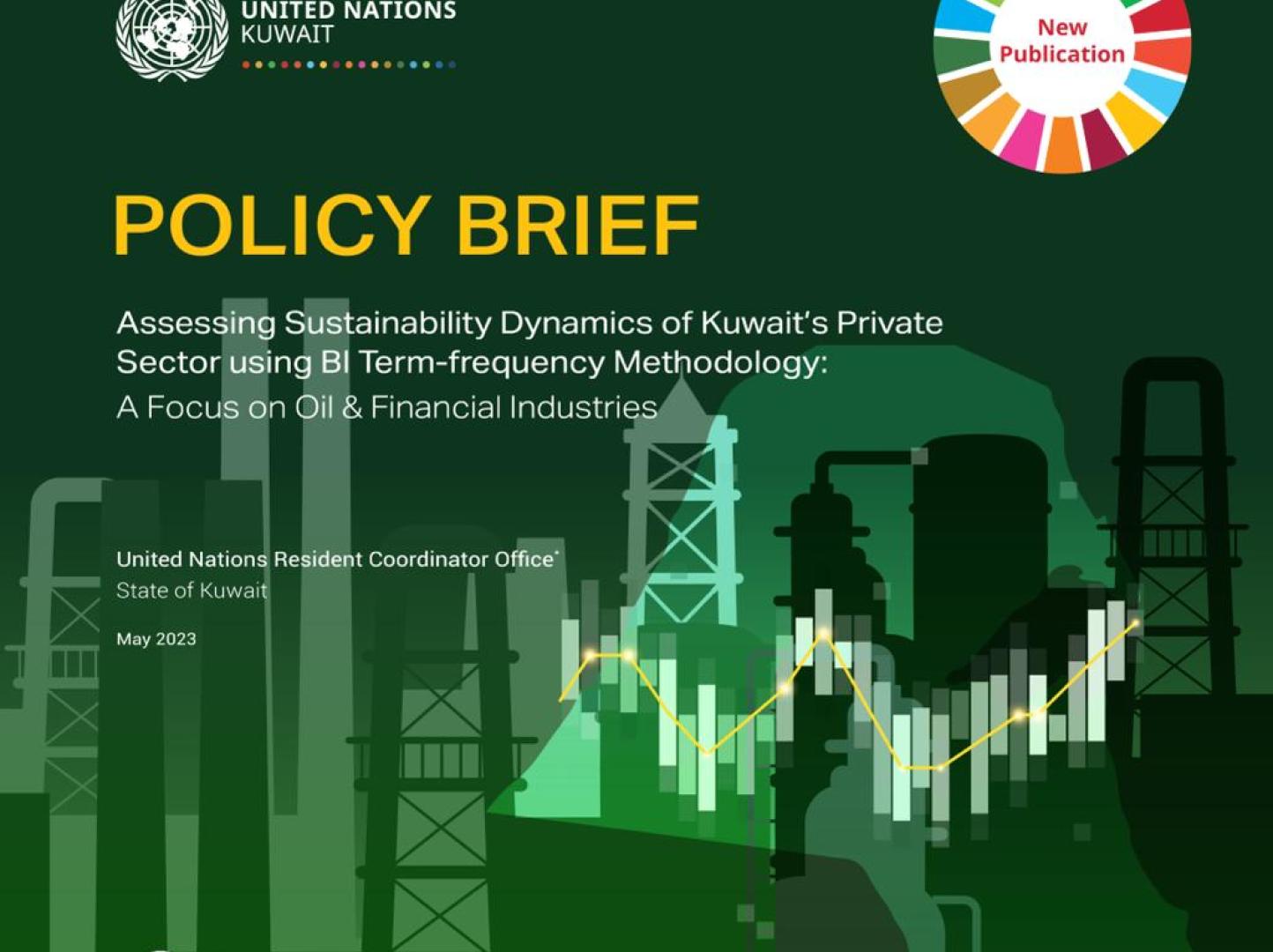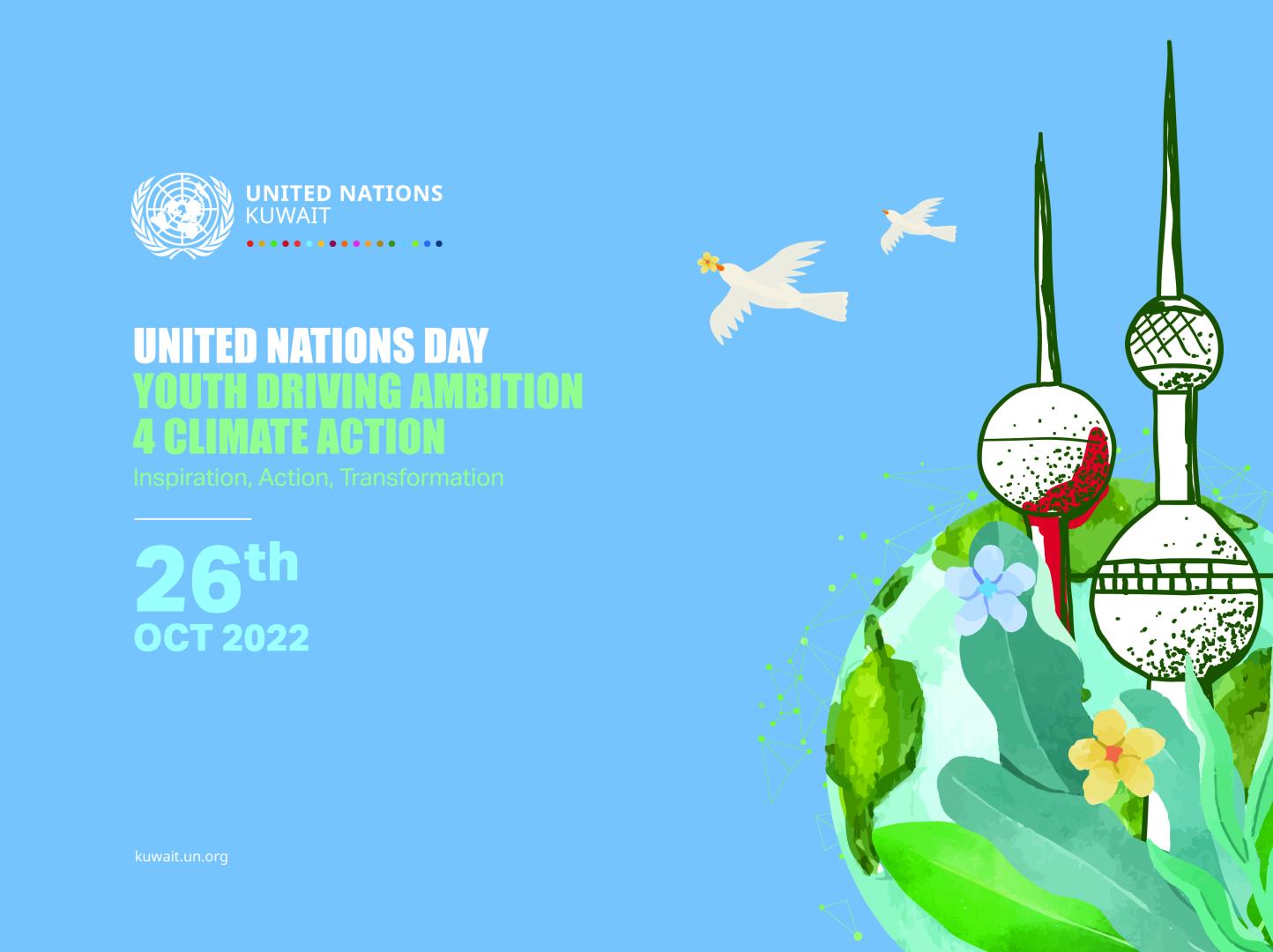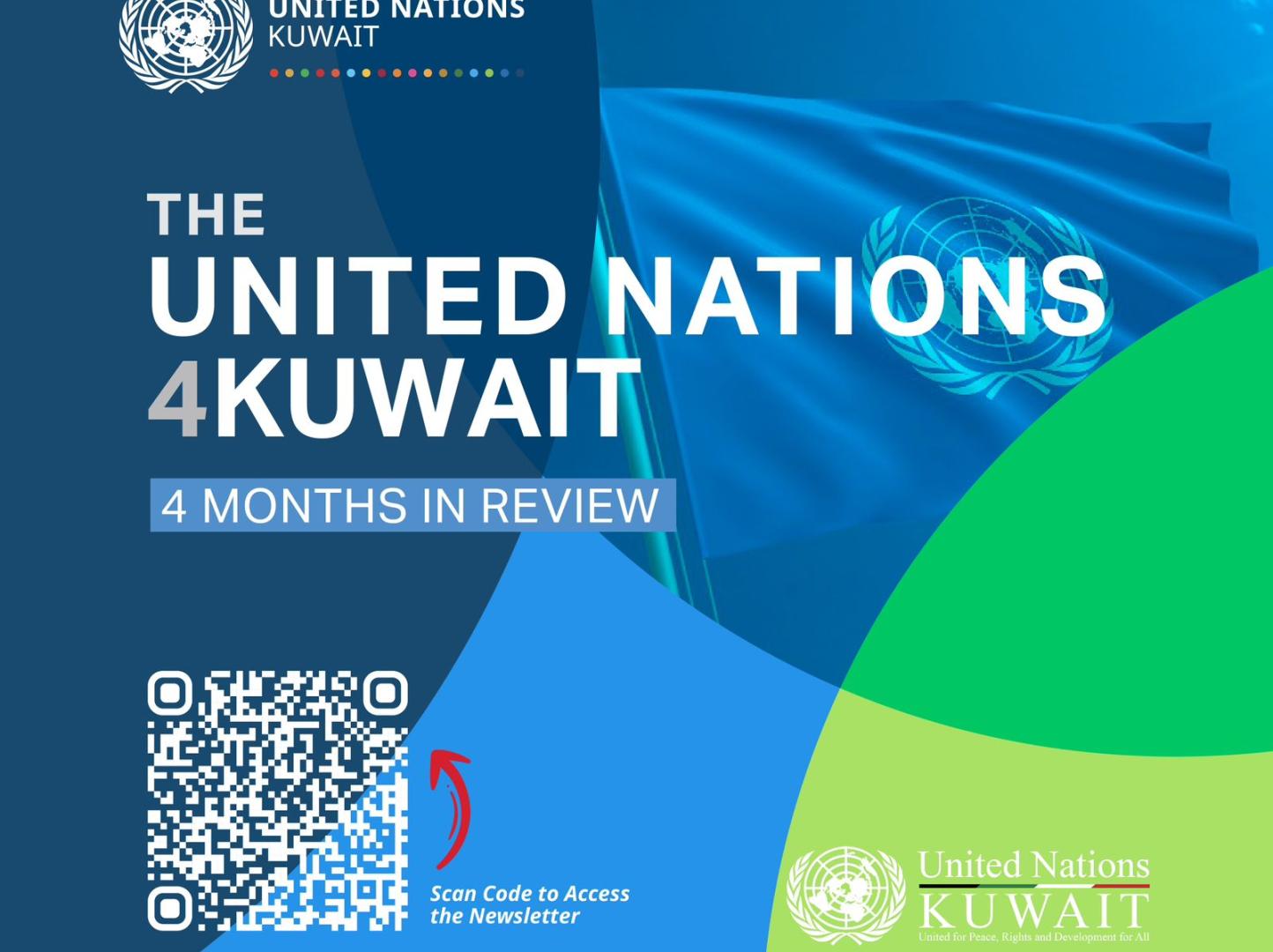Since 14 May 1963, Kuwait has exemplified a model of active and dynamic partnership with the United Nations, working collaboratively to promote peace, provide humanitarian support, and drive sustainable development. Throughout its partnership, Kuwait has continuously showcased leadership and commitment, particularly in times of global crisis, such as during the COVID-19 pandemic. The innovative and collaborative response frameworks developed through the UN-Kuwait partnership during the pandemic serve as exemplary models, demonstrating effective cooperation and national ownership.
Kuwait is positioning itself as a key regional and global player in political assistance, peacebuilding, and development efforts. It is simultaneously laying the groundwork domestically to transform its economy, society, business models, infrastructure, and social services in a manner that is inclusive, democratic, and sustainable. This vision aligns with the principles of prosperity, peace, and planetary well-being, ensuring that development is achieved equitably and in harmony with the interests of its people.
In response to the evolving needs of Member States, the United Nations itself has embarked on a transformation. On 31 May 2018, the United Nations General Assembly (UNGA) adopted a resolution to reform the UN Development System, aligning its efforts to support the achievement of the 2030 Agenda for Sustainable Development. This reform requires a new approach to strategic partnerships at the national level, involving government leaders and various stakeholders. Through these partnerships, the UN is committed to supporting Kuwait's national development goals, aligning them with global priorities such as the seven pillars of the New Kuwait Vision 2035, the 2030 Agenda, and the Sustainable Development Goals (SDGs).
The Strategic Cooperation Framework (SCF) between the Government of the State of Kuwait and the United Nations, designed under the reformed UN Development System, is currently being finalized. This framework is the result of extensive consultations with the Government of Kuwait, the private sector, civil society, and academic institutions. It addresses key priorities derived from Kuwait’s aspirations and is grounded in a future vision and theory of change analysis. The SCF aims to align the priorities of Agenda 2030 with the objectives of Kuwait’s National Development Program, ensuring that the SDGs are achieved through a commitment to inclusivity and equality. The UN and Kuwaiti stakeholders are working together to leave no one behind, promoting a comprehensive approach that fulfills Kuwait's national and international commitments.
Kuwait Vision 2035, also known as "New Kuwait," outlines the nation's long-term strategy to achieve sustainable development and economic diversification. The vision is built upon seven strategic pillars:
1. Public Administration – Developing effective and transparent governance.
2. Economy – Diversifying the economy to reduce dependency on oil and enhance competitiveness.
3. Infrastructure– Upgrading and expanding infrastructure to support sustainable growth.
4. Living Environment– Improving environmental sustainability and urban development.
5. Healthcare – Enhancing healthcare services and facilities for better public health outcomes.
6. Human Capital – Investing in education and skills development to build a knowledge-based society.
7. Global Positioning – Strengthening Kuwait’s role as a regional and international center for commerce and humanitarian work.
These pillars align closely with the United Nations' 2030 Agenda and the Sustainable Development Goals (SDGs), forming the foundation for the **Strategic Cooperation Framework (SCF)** between the Government of Kuwait and the United Nations. The SCF serves as a collaborative blueprint, ensuring that national policies are in sync with global efforts, promoting sustainable development, and fostering an inclusive society.
The United Nations is committed to working with Kuwait to integrate these pillars into its development plans. The aim is to achieve a diversified economy, build resilient infrastructure, and enhance social services in line with the SDGs and the broader vision of sustainable development. Through this collaboration, Kuwait’s commitment to leaving no one behind is reinforced, ensuring that all individuals and communities benefit from economic, social, and environmental progress.



















